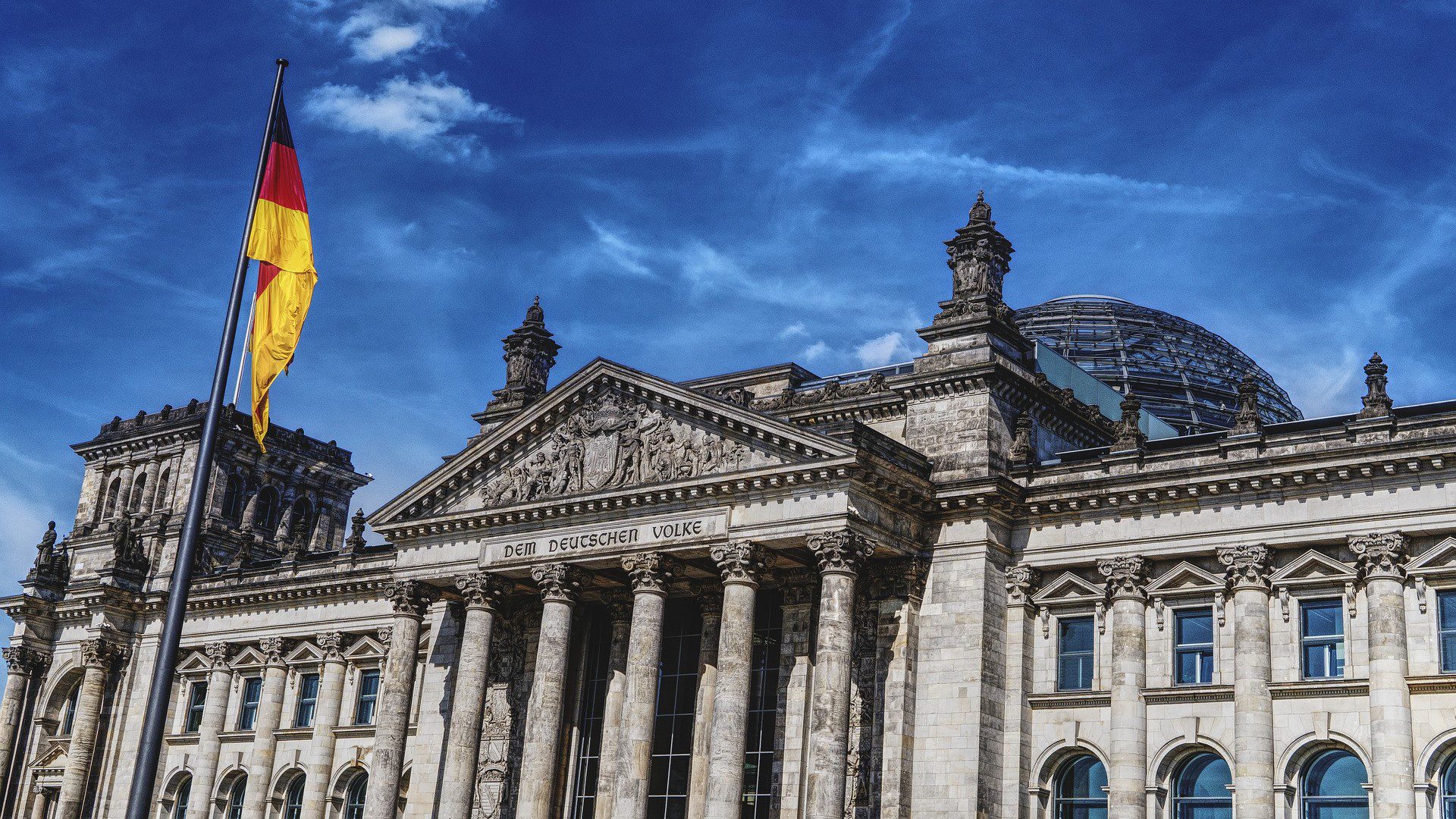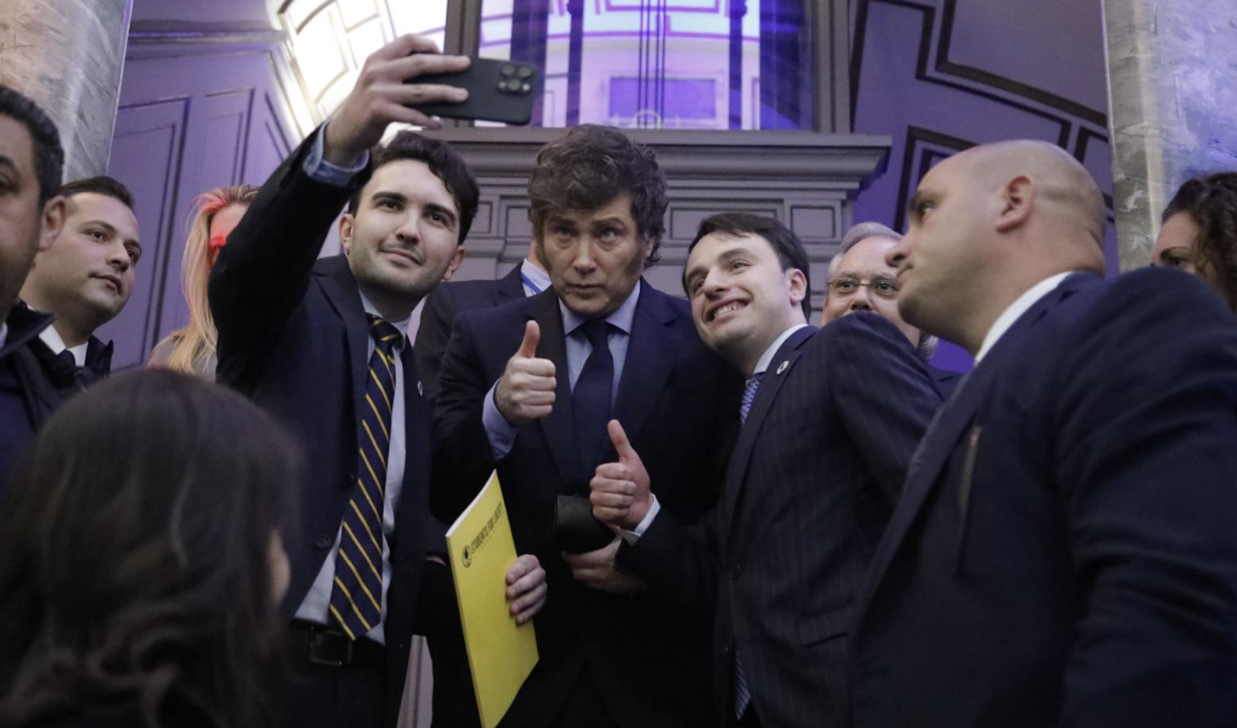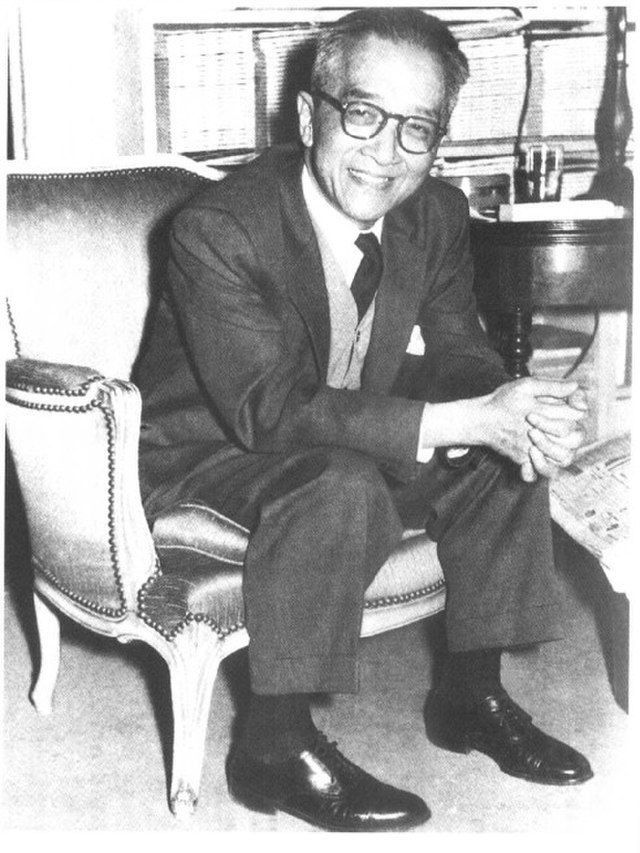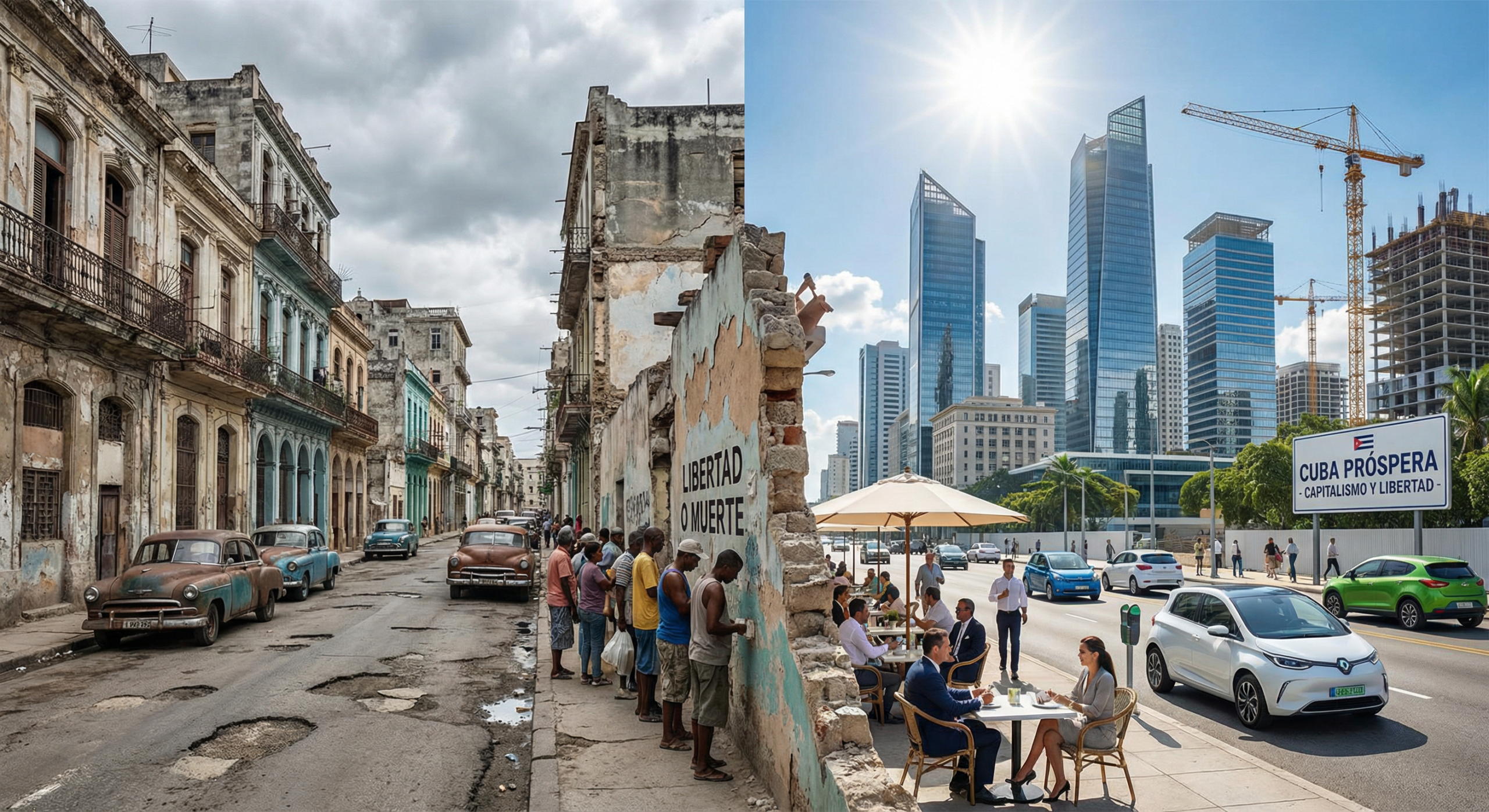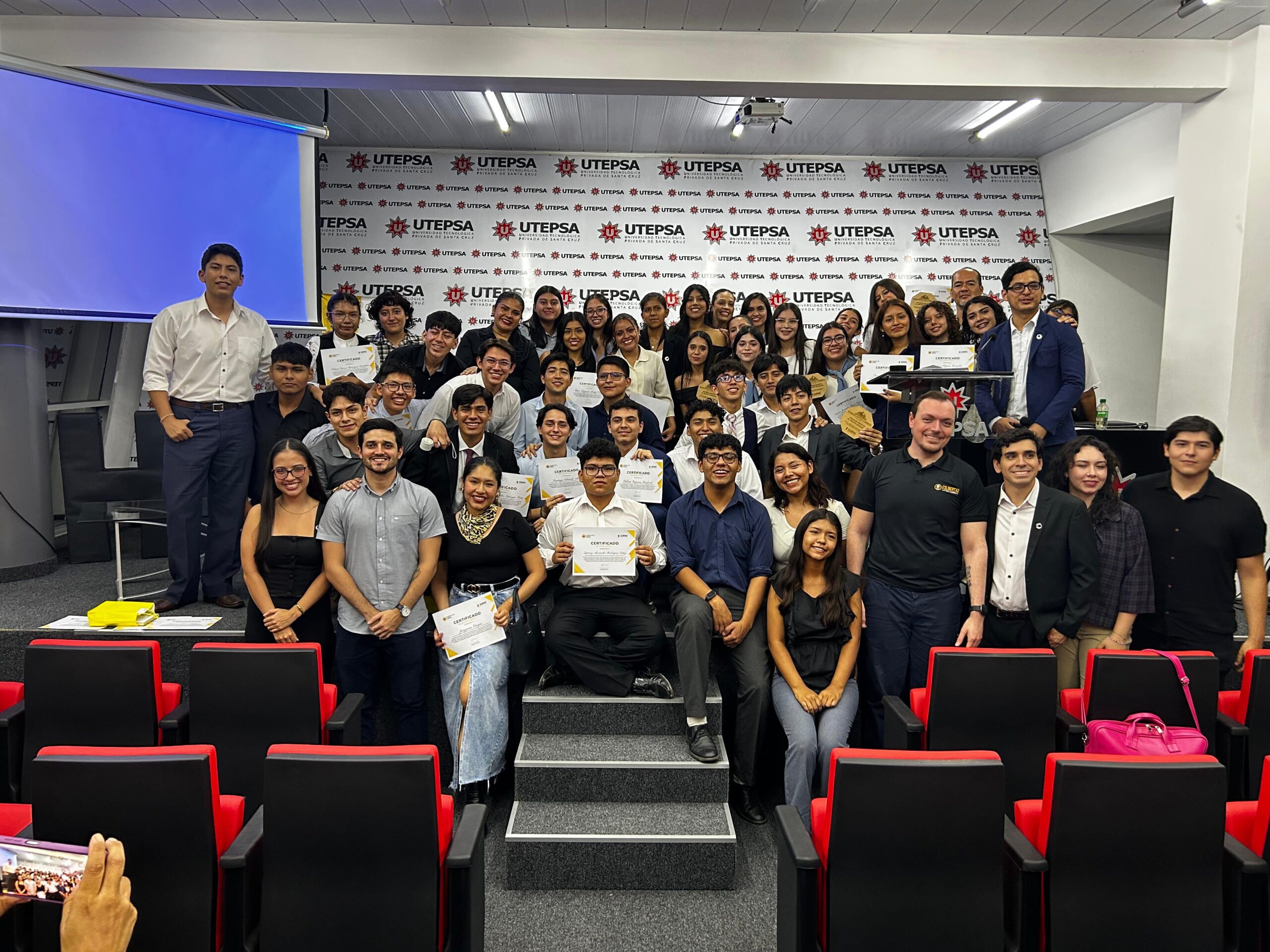If you haven’t heard about the Super Bowl of European elections, I wouldn’t blame you. With all the news on Afghanistan, the G7’s global tax plan, and the ongoing pandemic, parliamentary elections in one of the world’s 200-ish countries may seem comparatively insignificant.
However, when that country is Germany, one of the most important global economies and one of the leaders of the free world, the latest elections are certainly worth taking a glance at.
On September 26, 2021, Germany is holding a federal election. This occasion will see Germans elect the members of the 20th Bundestag (the Federal Parliament’s lower house) who will, in turn, choose the next German Chancellor. What adds further to the intrigue of the current German federal election is that the country will have a new leader for the first time since 2005, as Angela Merkel has decided to call terms on her extended run as Chancellor.
Polls strongly suggest the election outcome will be one of significant change, with the end of the Grand Coalition and Merkel’s centrist politics. Yet, regardless of who emerges victorious, a new Chancellor will be tasked with overseeing Germany’s post-pandemic recovery and leading Germany, and by extension the European Union, into a new era.
The basics of the German federal election: who is being elected and how?
Germany is a parliamentary democracy. That means the most important decisions are made in the Federal Parliament, or Bundestag, commonly understood as the lower house, similar to the U.S. House of Representatives. The upper house is known as the Federal Council or Bundesrat, which represents the sixteen constituent states of Germany.
The Bundestag is the only directly elected representative body at the federal level. German voters head to the polls every four years to cast two votes, one for an individual candidate and one for a political party. This mixed representation system is designed to ensure the highest possible level of respect for each voter’s intentions.
Once elected, the Federal Parliament chooses the German Chancellor who serves as head of government, the highest executive office in the German political system. Angela Merkel of the center-right CDU/CSU Union is leaving the position after serving four consecutive terms.
Who are the key players?
Germany is a multi-party democracy. Currently, the largest political faction in the Bundestag is the Union, consisting of the Christian Democratic Union (CDU) and the Christian Social Union (CSU). The CDU is led by Armin Laschet and is active throughout the country, while the CSU, led by Markus Söder, operates only in the state of Bavaria. Both parties are usually described as center-right, pro-European, and moderately conservative. Armin Laschet is the Union’s candidate for the position of Chancellor.
At present, the second-largest political force in Germany is the center-left Social Democratic Party (SPD), led by Norbert Walter-Borjans and Saskia Esken. Their candidate for Chancellor is Olaf Scholz, the current Vice-Chancellor and Minister of Finance.
The Union and SPD have been a part of the so-called Grand Coalition, which has existed throughout the majority of Merkel’s tenure. However, the parties involved have decided they no longer wish to govern together after the 2021 Federal Election.
In this election, several other notable parties include the center-left Greens, the classical-liberal Free Democratic Party (FDP), far-left Die Linke (The Left), and far-right Alternative for Germany (AfD). These parties all enjoy significant representation in the German Parliament and will be seeking to further expand their influence. Most importantly, the Greens have seen a surge in popularity as a potential challenger for the largest parties or at least a prospective coalition partner.
Germany has seen a concerning rise in popularity for both far-left and far-right ideologies, and there is reason to believe that the socialist Die Linke could have a significant role in determining the composition of the new government. At the other extreme, all major parties have declined to work with the far-right AfD.
What the German federal election could mean for the world
While it may be difficult to imagine what Germany will look like in the post-Merkel era, the impact of the change in German leadership will undoubtedly affect not just domestic affairs but also the wider world. Some ambiguity remains around the prospect of institutional reform in the EU, alongside much debate on the bloc’s future direction. However, all major German parties are supportive of the common defense strategy and have expressed their desire to maintain Germany’s involvement in NATO.
Angela Merkel’s tenure as Chancellor overlapped with that of four U.S. Presidents, five British Prime Ministers, and eight Italian and Japanese PMs. However, whether as President or Prime Minister, Vladimir Putin has remained a constant as Merkel’s Russian counterpart. She developed a complex relationship with the Russian President and has often been regarded as one of the closest western leaders to Putin.
German-Russian cooperation led to the development of the Nord Stream 2 pipeline project, which aims to double the delivery of Russian gas to Germany, much to the disapproval of the United States and Ukraine. However, while the project has proceeded, German-Russian relations have soured since the Russian occupation of Crimea in 2014 and the subsequent introduction of EU sanctions.
Both major candidates, Laschet and Scholz, support the status quo but also call for a strengthening of economic and trading ties. Conversely, the Greens, the SPD’s most likely coalition partner, call for a more hawkish approach towards Russia, often criticizing Putin’s regime. These diverging views may put a strain on coalition negotiations.
The next German government will also heavily influence the path the world follows regarding issues such as climate change and economic recovery. In particular, the issue of finding solutions to the climate crisis took center stage after major floods affected parts of Europe in July 2021. However, rather than pursuing market-based solutions, current proposals for addressing climate change vary from the introduction of speed limits at German highways to banning short-haul flights.
As Germany took an enormous debt to combat the consequences of the pandemic, the recovery path is yet unclear. The CDU and FDP are vehemently opposed to new taxes, while the SPD and the Greens support introducing the 1% wealth tax and small business relief packages.
Possible outcomes of the German federal election
During the early stages of campaigning, everything pointed to the likelihood of what would essentially represent a continuation of the Merkel era in all but name. In July 2021, the CDU/CSU led in the polls with almost 30 percent support, compared to 19 and 16 percent respectively for the Greens and the SPD. However, after a series of blunders and internal strife, support for Armin Laschet and the CDU/CSU plummeted to 22 percent while the SPD rose to lead recent polls with 25 percent support.
Even with a last-minute shift in the polls, it is evident that no major party will be able to govern without forming a coalition. One option that could arguably represent a relatively stable partnership is the so-called “traffic light coalition” between the SPD, the FDP, and the Greens, with the notable absence of the far-left Die Linke. While left-leaning, it could benefit from the balance provided by the pro-business FDP.
However, the last time a similar coalition was on the table after the CDU/CSU won in 2017, FDP leader Christian Lindner left the negotiations after he was unable to exert sufficient influence over prospective coalition policies. This time, with around 11 percent support, the FDP might seem like a fair pair of hands for both SPD and The Greens, providing them with a more significant majority and preventing Die Linke’s entrance to the government.
Another option would be a red-red-green coalition of the SPD, Die Linke, and the Greens. While the FDP has been part of governments led by both the SPD and CDU/CSU, Die Linke lacks experience in governing at the national level. However, it is a junior partner in SPD-Green coalitions in Berlin and Bremen, and leads the same coalition in Thuringia.
The unknown factor is how far to the left such a coalition could stretch and how this scenario could affect Germany’s international relations. Die Linke calls for the dismantling of NATO and the inclusion of Russia in a new global security system, while also advocating for the removal of U.S.military bases in Europe.
One other viable option would be a return of the Grand Coalition between the CDU/CSU and SPD. While the leaders on both sides have dismissed this as a possibility, we should never underestimate the pragmatic nature of German politics. Although the polls suggest an electorate seeking a change in direction, shifts in support have not been radical and German voters could perhaps be content with seeing incremental changes
With the German federal election results pending and coalition negotiations on the horizon, we may still see Angela Merkel in charge for some time to come. Regardless of what the future holds, the Merkel era, along with everything it has represented for Germany, Europe, and the world, is drawing to a close.
If you are interested in discussing issues such as politics, philosophy, economics, and liberty, you won’t want to miss our upcoming flagship event, Freer Future Fest, which is being held in Nashville, TN, on October 9, 2021. Be sure to click on the button below for more information and to register.
This piece solely expresses the opinion of the author and not necessarily the organization as a whole. Students For Liberty is committed to facilitating a broad dialogue for liberty, representing a variety of opinions. If you’re a student interested in presenting your perspective on this blog, send your piece to [email protected], and mention SFL Blog in the email subject line for your chance to be published and be seen!
